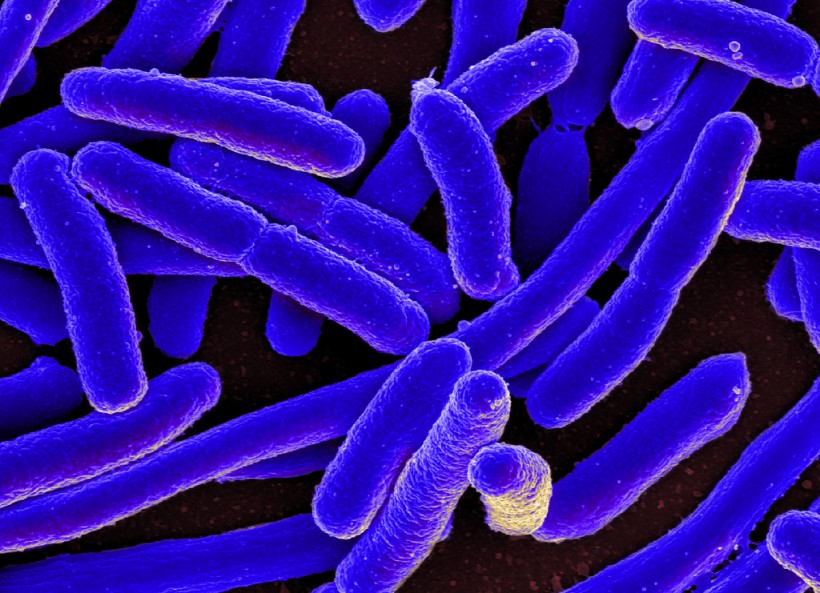Halifax-based non-profit Genome Atlantic has announced the development of a $1.4 million research project to develop new surveillance tools to help identify and track genes involved in superbugs.
In a statement, Genome Atlantic said that bacteria are becoming increasingly resistant to antibiotics, posing an enormous risk to the agri-food industry and to the health of Canadians.
A team of researchers at Dalhousie University, Simon Fraser University, McMaster University and the Public Health Agency of Canada will work to develop new surveillance tools to help identify and track the problem genes. The research team want to know which genes are being shared, which bacteria are sharing genes, and how bacteria are moving between habitats.
“Resistance genes can be shared by pathogenic bacteria, and these resistant bacteria also move between habitats, such as agricultural soil and farm animals,” said Dr. Robert Beiko of Dalhousie University, who is one of the research leads.
“To track this process, we will develop informatics algorithms and software that will shift how we look at AMR (Antimicrobial Resistance) from a static “snapshot” to a dynamic view of AMR transmission.”
Once the tools are developed, they will be tested by using thousands of genomes of Salmonella, E. coli, and other pathogenic bacteria collected by partners in the Public Health Agency of Canada and Agriculture and Agri-Food Canada, the statement said. The integrated software modules developed through the project will be open-sourced and freely available.
The project, Antimicrobial Resistance: Emergence, Transmission, and Ecology (ARETE) is being funded by Genome Canada’s Bioinformatics and Computational Biology funding program with additional funding from The Public Health Agency of Canada, The Research Nova Scotia Trust, Simon Fraser University, McMaster University, and Compute Canada. The project is led by Genome Atlantic and supported by Genome BC.










